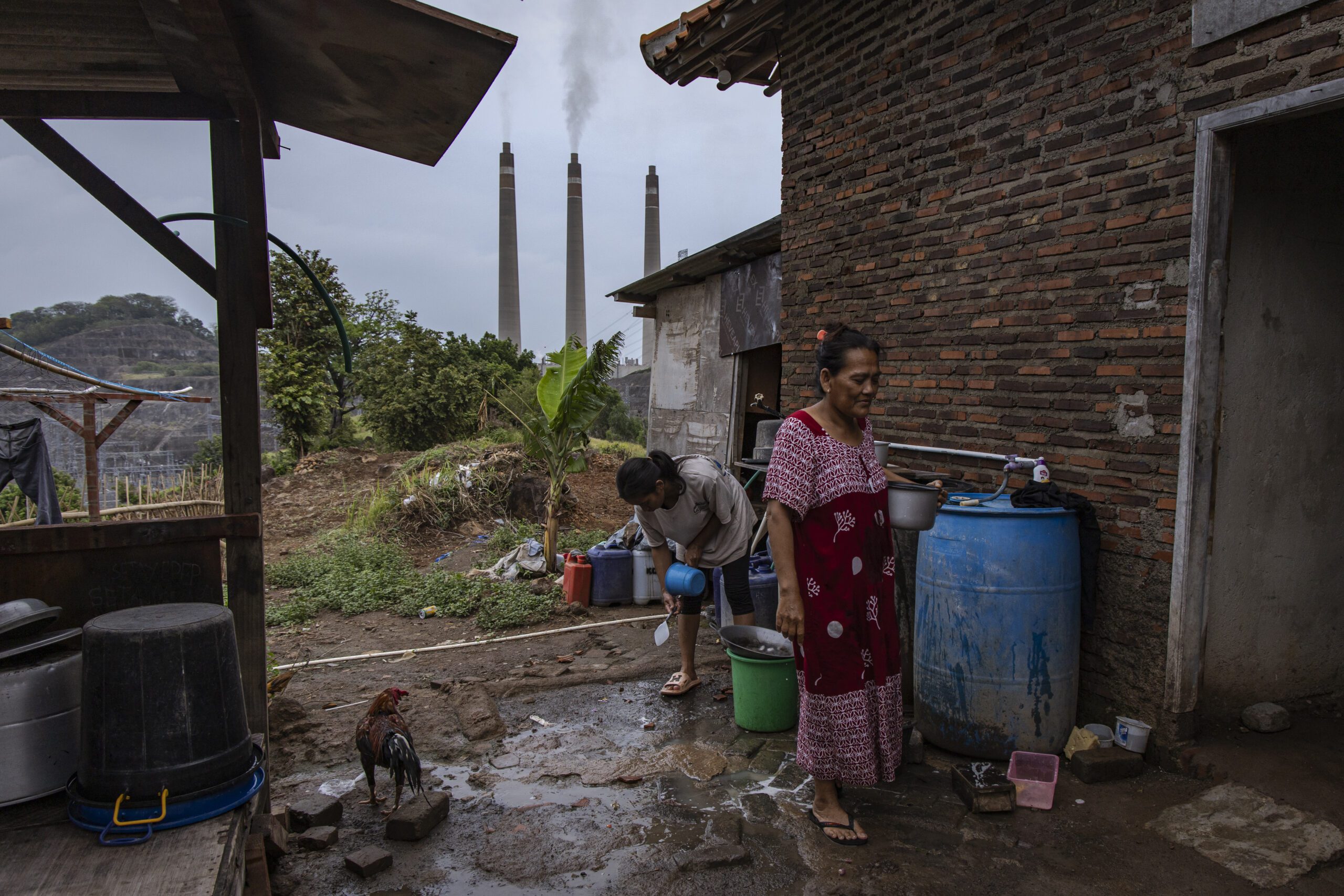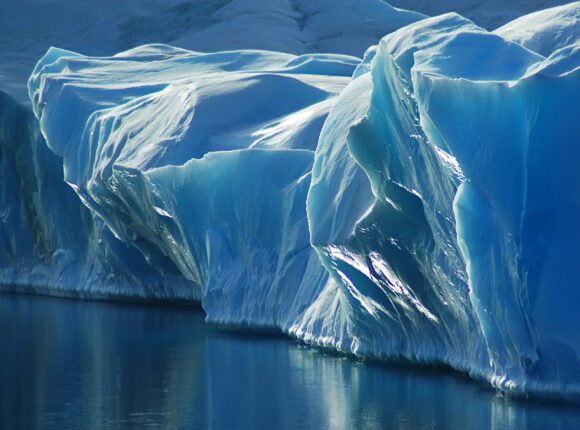-
ECSP Weekly Watch | February 17 – 21
›
A window into what we’re reading at the Wilson Center’s Environmental Change and Security Program
Africa Energy Bank Aims to Boost Energy Supply (Al Jazeera)
Nearly 43% of the African continent lacks consistent access to electricity, which is the lowest level of modern energy usage in the world. A newly established Africa Energy Bank aims to boost the energy supply on the continent through investments in energy infrastructure projects.
-
Photo Essay: Indonesia’s Decarbonization Tipping Point
›China and the Global Energy Transition // China Environment Forum // Guest Contributor // Vulnerable Deltas // February 20, 2025 // By Ulet Ifansasti & Jacob Dreyer -
Climate Change, Peace and Security: Discourse Versus Action in Asia
›
This year’s World Economic Forum called for greater urgency in discussing the impacts of climate change on human security and social, political, and economic stability. And a recognition of the destabilizing effects of climate change also has led the UN to emphasize the risks they pose to the most vulnerable populations, including poor, conflict-affected, and displaced persons.
-
ECSP Weekly Watch | February 10 – 14
›
A window into what we’re reading at the Wilson Center’s Environmental Change and Security Program
Declining Biodiversity May Increase Risk of Future Pandemics (Mongabay)
The COVID-19 pandemic that spread around the world in 2020 brought normal life to a standstill at many times in the past few years. But far from being a singular event, scientists and health experts warn that pandemics may become more common as biodiversity declines and spillover events become more likely.
-
Q&A: Dr. Ashok Swain on Misinformation, Changing Borders, and the Role of the UN in his New Book, Climate Security
›
Dr. Ashok Swain is a professor of peace and conflict research at Uppsala University in Sweden and founding Editor-in-Chief of the journal, Environment and Security. An expert on environment, development, and security issues, Swain has long had an eye for recognizing emerging security challenges. In his new book, Climate Security, Swain explores climate change’s connection to some of the key issues driving today’s security discourse, including the role of misinformation in hindering climate action, climate’s role in the growing displacement crisis, and how climate-driven shifts in territory and resources are reshaping geopolitics. Swain gave us a sneak peak of the book’s key insights, including the potential for a new international governance framework to address climate-related security risks.
-
Facing Up to Climate Risk: Arctic Sea Ice, Tipping Points, and Possible Interventions
›
Global greenhouse gas emissions continue in stark contrast to the emissions reductions needed to limit warming to 1.5 degrees Celsius. Indeed, planetary warming has accelerated so much that many scientists warn that key components of the earth’s system are approaching “tipping points” that will trigger additional climate feedback loops that further fuel and exacerbate climate disruption if they are exceeded.
-
ECSP Weekly Watch | February 3 – 7
›
A window into what we’re reading at the Wilson Center’s Environmental Change and Security Program
Indonesia Considers Paris Agreement Exit Following US Withdrawal (Mongabay)
The US withdrawal from the Paris Agreement has led other countries to reconsider their commitments to the international environmental treaty. In Indonesia, for instance, top officials have questioned whether developing countries should be expected to comply with the agreement as major polluters (including the US) opt out.
-
ECSP Weekly Watch | January 27 – 31
›
A window into what we’re reading at the Wilson Center’s Environmental Change and Security Program
Declining Fish Stocks Threaten Lake Tanganyika Fishing Communities (Al Jazeera)
For the millions who live on the shores of Lake Tanganyika, fishing is a way of life that has sustained generations. However, recent declines in fish production in the world’s largest freshwater lake have devastated Tanzania’s fishermen and prompted questions of the sustainability of the decades-long practice.
Showing posts from category climate change.









